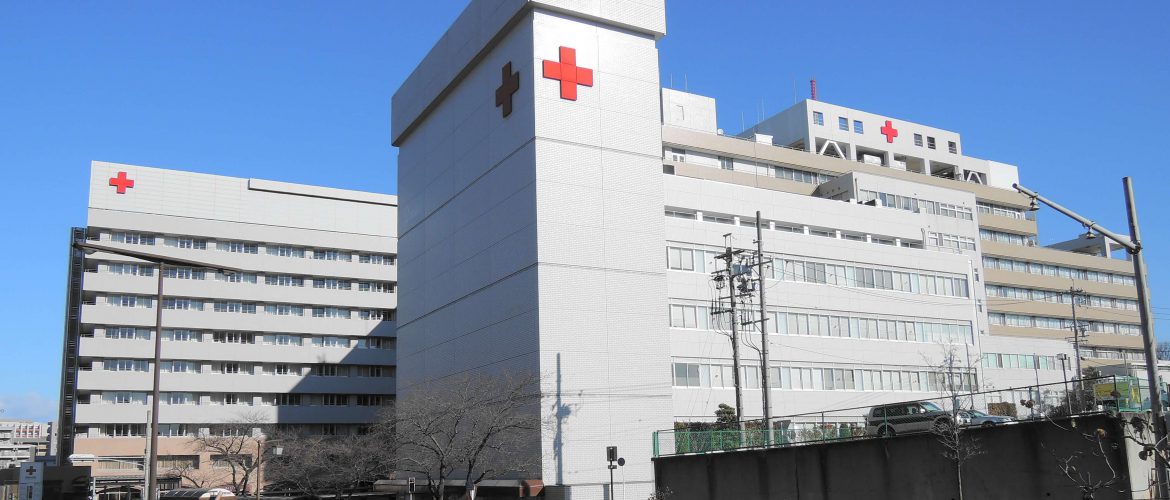Many Elderly Heart Failure Patients in Nursing Homes Are Returned Home Too Soon Resulting in Hospital Readmissions
A study by researchers from the New York University School of Medicine published recently in the Journal of the American Medical Directors Association reported that the “risk of hospital readmission among heart failure patients discharged home after staying at a skilled nursing facility (SNF) is high—almost 25 percent within 30 days of discharge.”
The problem, according to the study’s lead researcher, suggests that there are “gaps in discharge planning from skilled nursing facilities, and that transition to home requires more thorough preparation and training.”
Key findings in the study indicate a greater risk of hospital readmission, as much as four times higher, when patients were discharged from a SNF after staying two days or less compared to patients with longer stays. The risk of readmission is said to “drop by half for patients who stay at a SNF between one and two weeks.”
The reason longer stays correlate to lower risk of readmission is thought to be that the patients have “more rehabilitation time and more time to recover from their heart failure hospitalization by practicing a new exercise regimen, diet, and management of medications.”
Researchers suggested that the way to lower rates of hospital readmission is to “identify patients with complex health needs and to create more individualized care plans in advance of hospital discharge to the SNF.” Also, patient education is key in order to reinforce the importance of “taking medications, weighing daily, and other key steps to help prevent being readmitted to the hospital.”
Compliance Perspective
Failing to identify and incorporate a resident’s complex healthcare needs into an individualized care plan, and not providing education to reinforce the resident’s understanding of the need to follow their care plan at home, may result in a premature discharge and a hospital readmission.
Discussion Points:
- Review policies and procedures regarding the preparation of a safe and orderly transfer or discharge.
- Train staff regarding the development and implementation of a care plan that identifies a resident’s complex healthcare needs and provides the necessary education regarding their care plan when they are discharged.
- Periodically conduct an audit of readmissions to the nursing home of residents who were discharged previously and then readmitted to the hospital, and note the length of time they spent initially in the nursing home before discharge.












































































